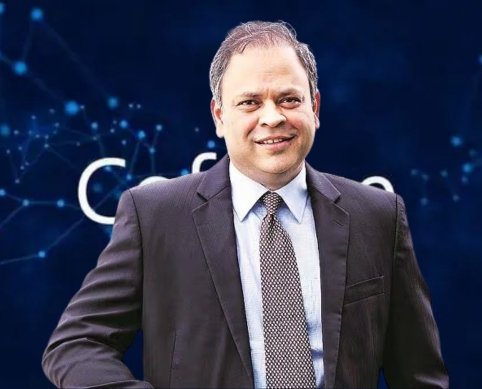Concerns have been raised about the increasing presence of Global Capability Centres (GCCs) in India, potentially taking revenue away from Indian IT services firms. However, Coforge CEO Sudhir Singh told ET that opposing the insourcing trend driven by clients is pointless. He emphasized that the company finds it more beneficial to collaborate with GCCs, as this allows them to tap into the broader IT budget of the organization.
Singh stated, “We don’t see GCCs as competitors. Instead, we support their initiatives. The GCC agenda is largely influenced by numerous Indian-origin or India-aware leaders within client organizations, and we don’t believe in going against the desires of enterprise clients.”
He elaborated, “Our strategy is centered on collaboration. We assist two types of GCCs—micro ones with fewer than 150 employees and mega ones with over 1,000 employees. We operate under various agreements, including build, own, and transfer (BOT), joint ventures, and virtual GCCs.”
Singh mentioned that while initial discussions and contracts regarding GCCs are often time-bound, the relationships formed during the establishment of a GCC extend beyond its scope and gradually integrate into the broader enterprise IT landscape.
“We are not opposing the trend; we believe it is here to stay. It’s not just about the finite revenue stream from GCCs but also about creating a more substantial enterprise relationship with clients. A certain portion of the enterprise IT budget is allocated to GCCs, which varies between micro and mega GCCs. Additionally, enterprise clients maintain their own independent enterprise IT that has its own outsourcing objectives,” he explained.
As an example, Singh noted that Coforge began a contract to establish a GCC in Hyderabad, where they were tasked with forming a team of 500. “Today, we have expanded that GCC to 1,200 employees. This is a three-year contract under a BOT scheme that started in January this year. After three years, when the GCC is transferred, the larger enterprise relationship will endure and, hopefully, continue to develop.”
